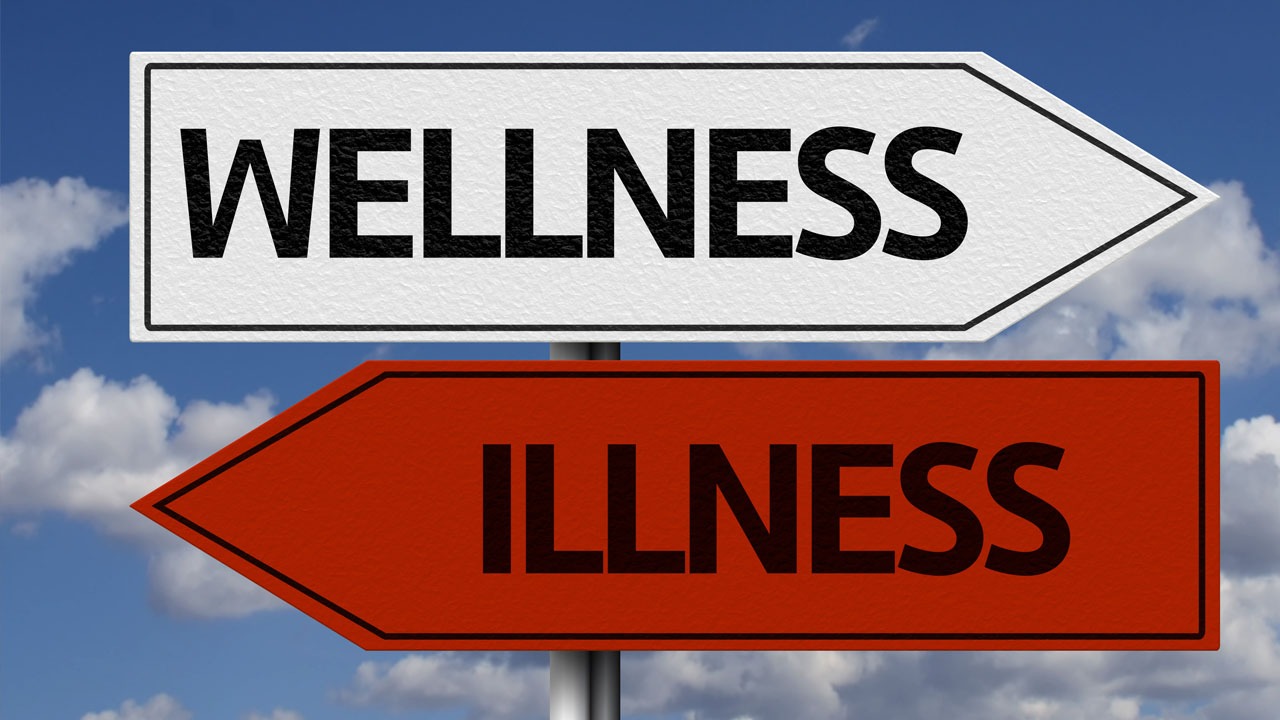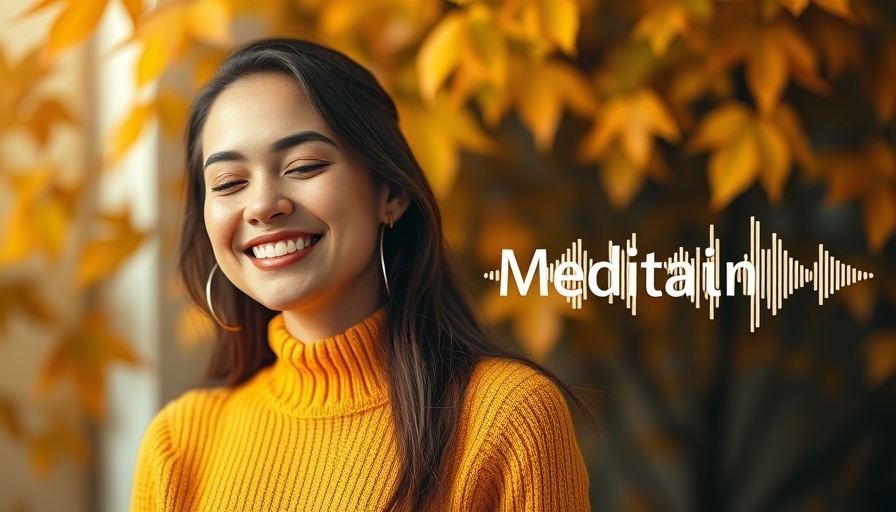
The Power of Mindfulness in Troubling Times
Life often presents us with challenges that seem to demand our full attention. Whether it’s the stress of everyday responsibilities or the overwhelming nature of global events, staying present can feel daunting. Yet, emerging research sheds light on a transformative approach: mindfulness.
Research indicates that embracing discomfort rather than avoiding it can significantly enhance our overall well-being. For instance, mindfulness-based relapse prevention (MBRP) helps individuals with addictive behaviors face their cravings directly, which has proven more effective than traditional cognitive-behavioral strategies. Participants in MBRP were found to consume fewer substances compared to those following other treatment paths, suggesting that a mindful approach empowers individuals to cope with their emotions in healthier ways.
Scientific Insights into Staying Present
One of the most compelling studies on mindfulness focused on individuals trying to quit smoking. Results revealed that those trained in mindfulness were over five times more successful in abstaining from cigarettes after four months compared to a conventional cessation program. This demonstrates how cultivating awareness of one’s immediate experience allows individuals to tolerate distress without resorting to harmful behaviors.
Interestingly, mindfulness not only affects emotional well-being but physical pain management as well. Research by Fadel Zeidan suggests that consistent meditation practice can reshape our brain’s response to pain. By decreasing activity in the areas of the brain that register pain and enhancing those that regulate it, meditators can experience a reduction in pain perception. Such findings indicate that mindfulness is not just about mental clarity, but also about managing the physical aspects of discomfort.
Body and Mind: Connections Through Mindfulness
Further studies dating back to 1971 by Wallace and Benson illustrated that meditation could lower sympathetic nervous system activity, effectively reducing the body’s “fight or flight” response. More recent examinations show that mindfulness can also decrease the grey matter volume of the amygdala, a brain region central to fear and stress responses. This means that individuals trained in mindfulness may feel less overwhelmed by stressors, leading to healthier coping mechanisms.
Specifically, the anterior cingulate cortex (ACC) plays a significant role in how we manage stress. Improved function of the ACC, often observed in experienced meditators, is linked to greater mental flexibility and impulse control. Both traits are valuable in navigating life’s challenges with resilience.
Actionable Steps to Incorporate Mindfulness
Incorporating mindfulness into your daily routine need not be complicated. Here are simple yet effective ways to start:
- Guided Meditations: Utilize apps like Headspace or Calm for structured sessions that fit into your schedule, even if it’s just ten minutes a day.
- Mindful Breathing: Take a few moments throughout your day to focus on your breath. Inhale deeply for a count of four, hold for four, and exhale for four. This can ground you in the present.
- Walk Mindfully: During a walk, concentrate on your surroundings. Notice the colors, textures, and the feeling of the ground beneath your feet.
Embracing Difficulties as Opportunities
Practicing mindfulness equips individuals to see challenges differently. Instead of viewing discomfort as an obstacle, it can be seen as an opportunity for growth. This shift in perspective not only reduces stress but also fosters resilience and emotional strength.
Mindfulness is not merely about finding peace amidst chaos; it’s about engaging fully with life as it unfolds. Whether confronting minor inconveniences or significant life changes, staying present offers a pathway to not only endure but to thrive.
As we face various demands, embracing mindfulness can enrich our lives, helping us navigate difficulties with grace and understanding. By directly addressing pain and discomfort, we open the door to deeper self-awareness and healing.
 Add Row
Add Row  Add
Add 




 Add Row
Add Row  Add
Add 

Write A Comment